MIT brain researchers developed a mathematical model to help define how modularity occurs in the brain — and across nature.


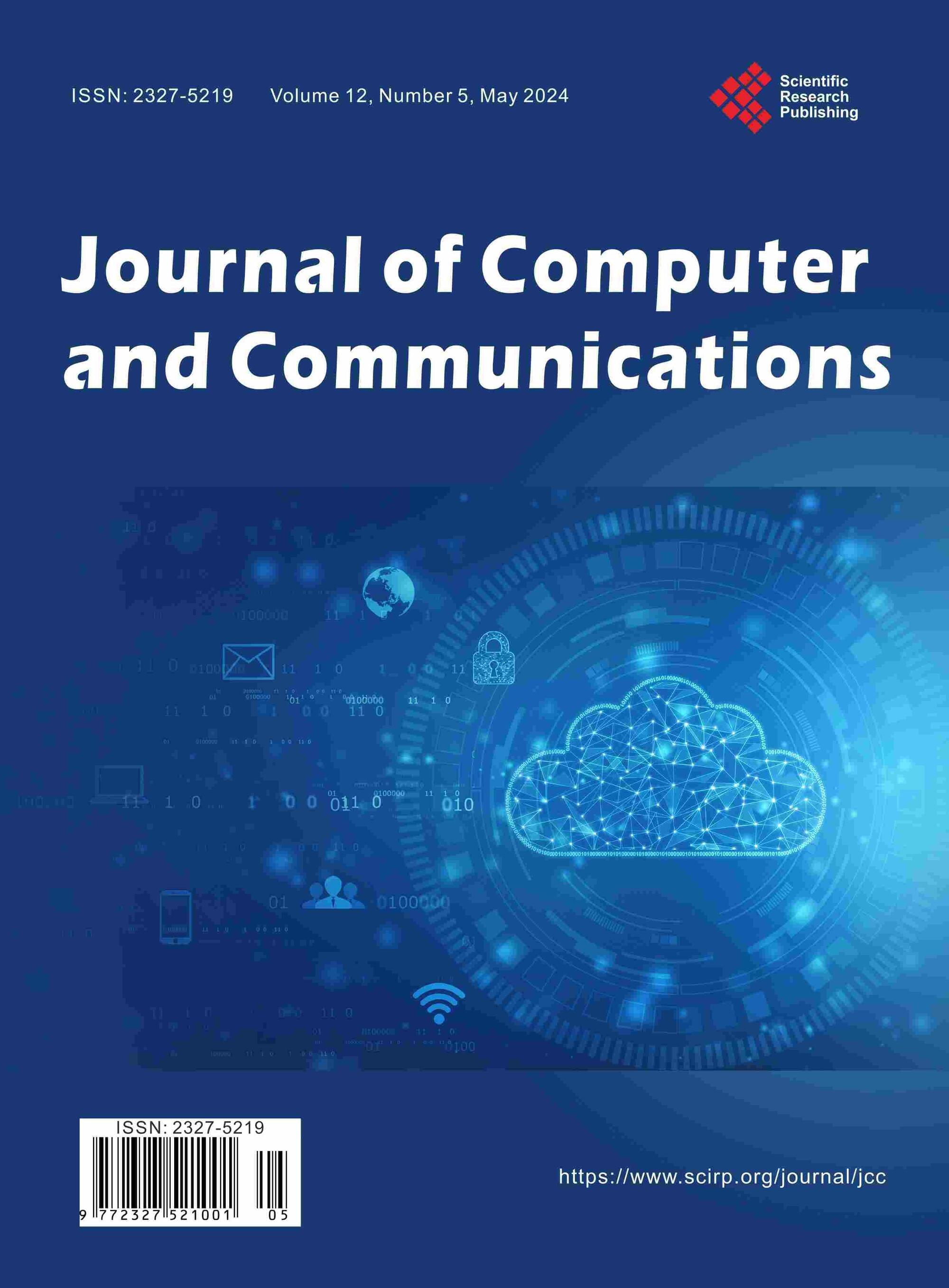
Agriculture is a sector that plays a crucial role in ensuring food security and sustainable development. However, traditional agriculture practices face challenges such as inefficient irrigation methods and lack of real-time monitoring, leading to water waste and reduced crop yield. Several systems that attempt to address these challenges exist, such as those based on Wi-Fi, Bluetooth, and 3G/4G cellular technology; but also encounter difficulties such as low transmission range, high power consumption, etc. To address all these issues, this paper proposes a smart agriculture monitoring and automatic irrigation system based on LoRa. The system utilizes LoRa technology for long-range wireless communication, Blynk platform for real-time data visualization and control, and ThingSpeak platform for data storage, visualization, and further analysis. The system incorporates multiple components, including a sensor node for data collection, a gateway for data transmission, and an actuator node for irrigation control. Experimental results show that the proposed system effectively monitors collected data such as soil moisture levels, visualizes data in real time, and automatically controls irrigation based on sensor data and user commands. The system proposed in this study provides a cost-effective and efficient solution for sustainable agriculture practices.
Smart Agriculture, Internet of Things, LoRa, Power Consumption, Real-Time Monitoring.
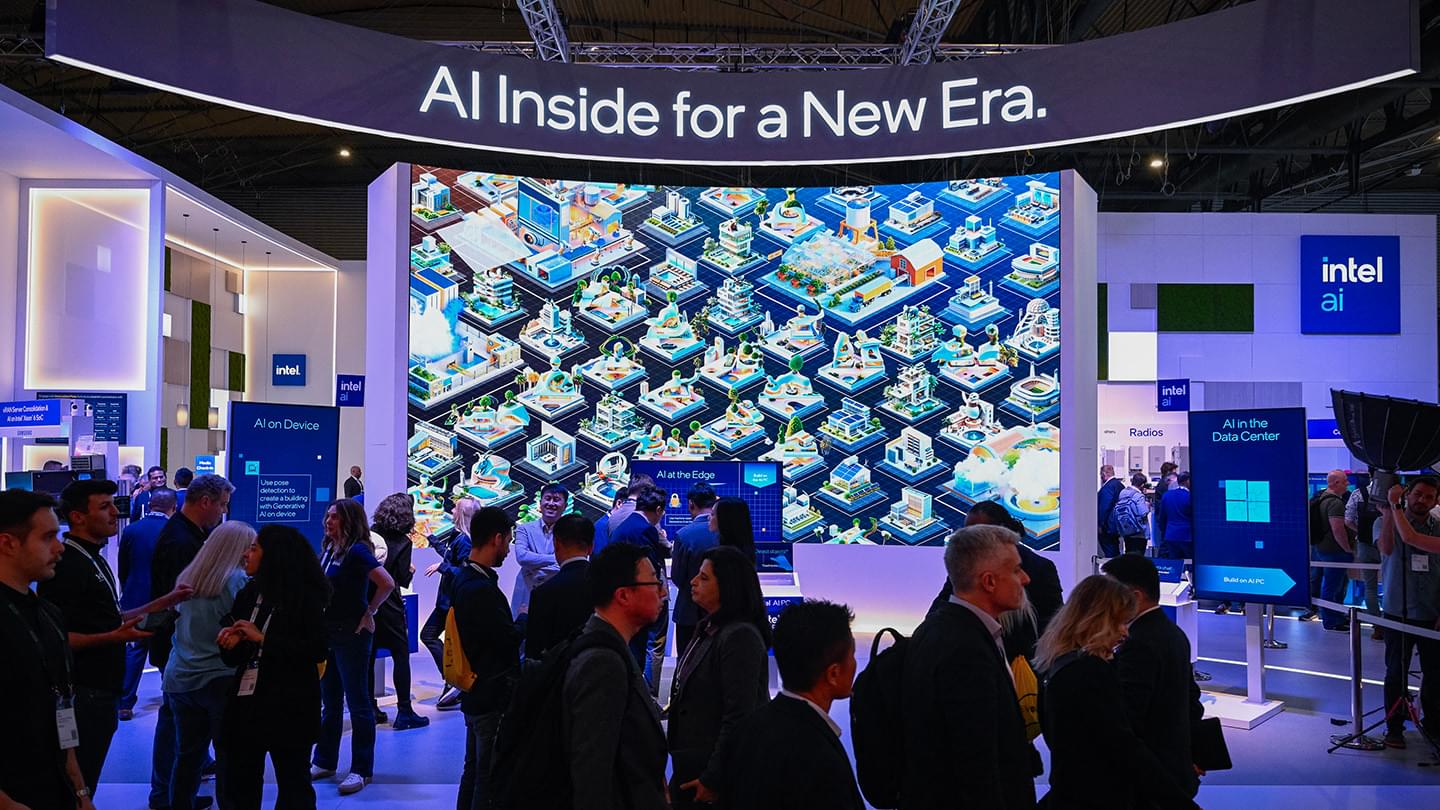

How does the human brain learn to see? Research from Max Planck Florida Institute for Neuroscience, Frankfurt Institute for Advanced Studies, and Goethe University Frankfurt explores how early visual experiences restructure circuits in the visual cortex. This research sheds light on the fundamental mechanisms of brain development and visual perception.
Explore the research.
How early visual experience builds reliable brain circuits Because it does it so well, we often take for granted how our brain creates reliable visual representations of our surroundings that are critical for guiding our behavior. While scientists understand a lot about how mature neural circuits support reliable vision, the sequence of developmental events before and after birth that build these circuits is not clear. Collaborating scientists at Max Planck Florida Institute for Neuroscience, the Frankfurt Institute for Advanced Studies, and Goethe University Frankfurt have discovered how early visual experience dramatically changes the brain networks that process vision – changes that are essential for establishing reliable visual perception.
Yesterday, Pulsar Fusion unveiled a revolutionary new space propulsion design called the Sunbird.
If it lives up to its potential, it will completely revolutionize Interplanetary Spaceflight!
And I got the first EXCLUSIVE INTERVIEW!
#space #fusion #nasa.
CHECK OUT MY NEW MERCH (Don’t forget to check out the back of the garments!)
https://sunlineproducts.chipply.com/theangryastronaut/
Please support my channel, and win some EXCLUSIVE MERCH!
DISCORD MEMBERSHIP, EXCLUSIVE CONTENT AND EARLY RELEASES!
https://www.patreon.com/AngryAstronaut.
https://cash.app/$Angry70
https://www.paypal.com/paypalme/AngryAstro.
Follow me on twitter:
Tweets by Astro_Angry
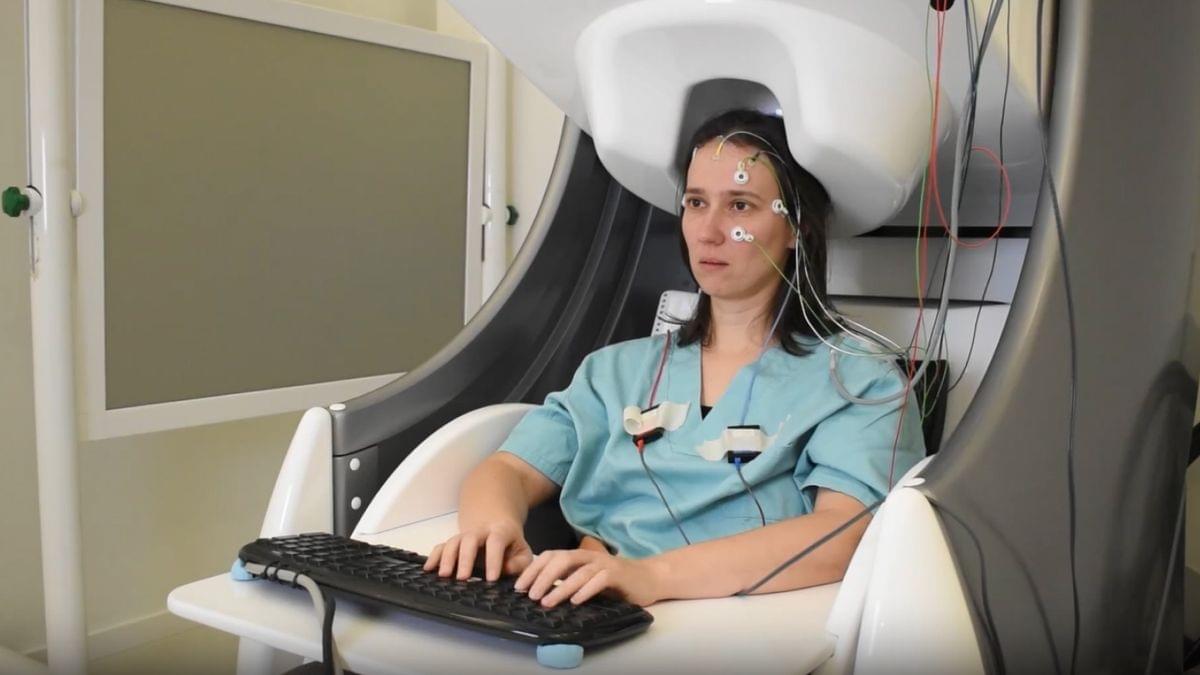

Each is calculated to be just 20 to 30% the mass of Earth and completes one full trip around the star in only a few days.
These findings have caught many people’s attention because they point to greater precision in detecting smaller, more elusive planets.
“It’s a really exciting find – Barnard’s Star is our cosmic neighbor, and yet we know so little about it,” said Ritvik Basant, Ph.D. student at the University of Chicago and first author on the study. “It’s signaling a breakthrough with the precision of these new instruments from previous generations.”
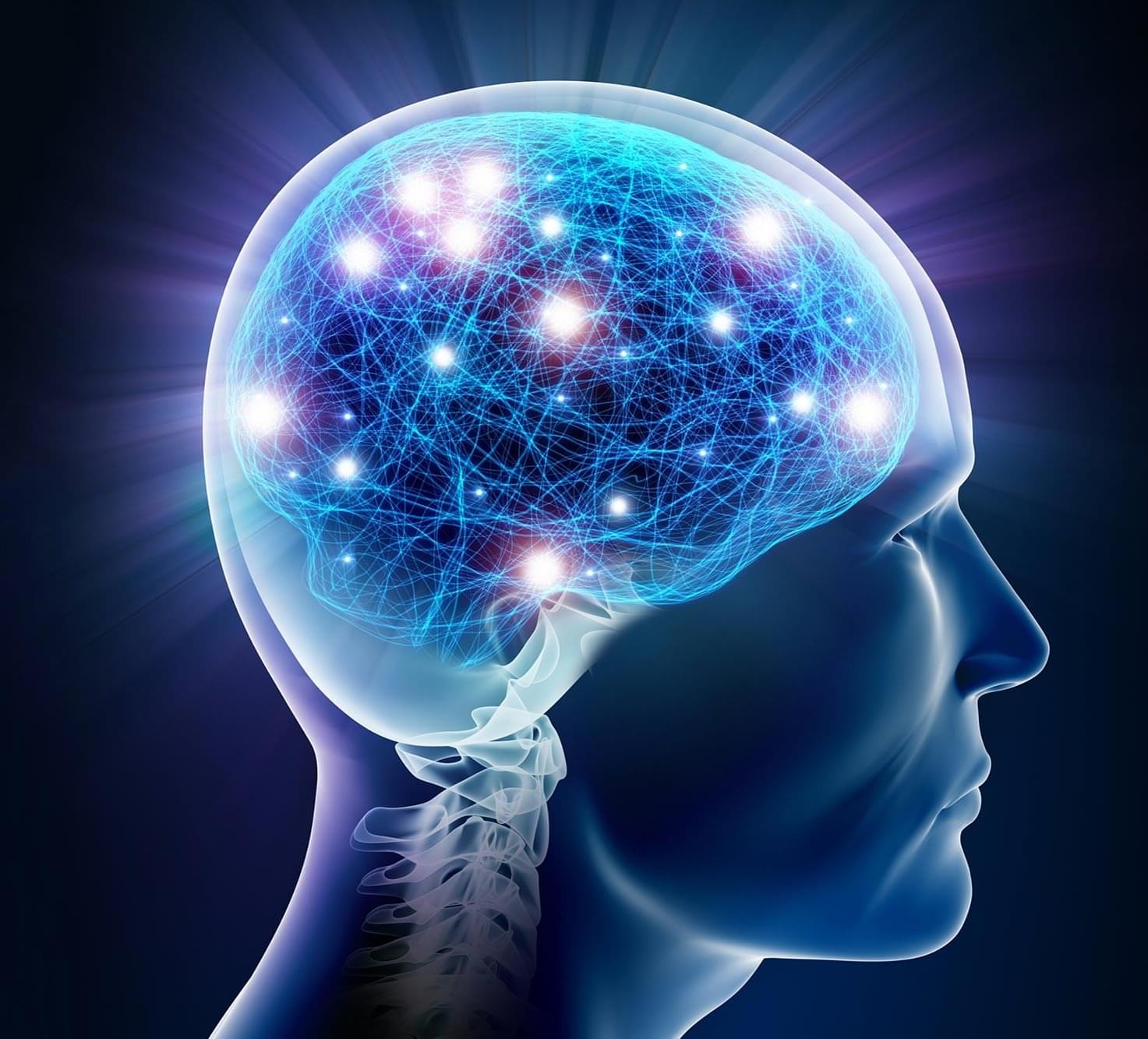
For the first time, it has been confirmed that individual neurons represent the concepts we learn, regardless of the context in which they are encountered, challenging previous beliefs.
A study led by Dr. Rodrigo Quian Quiroga, head of the Neural Mechanisms of Perception and Memory Research Group at the Hospital del Mar Research Institute, has provided the first direct evidence of how neurons in the human brain store memories independently of the context in which they are acquired.
Published in Cell Reports.
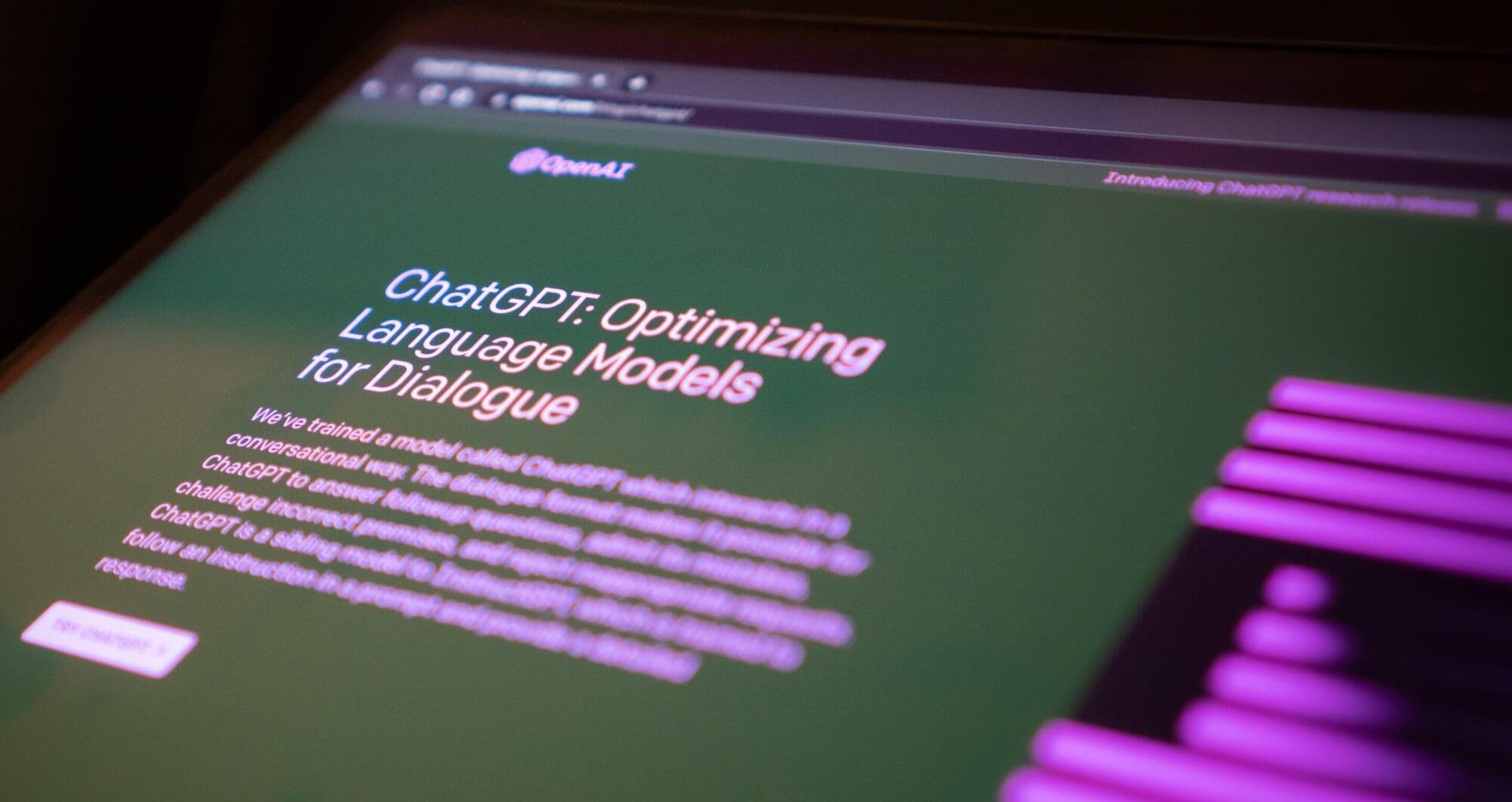
Artificial Intelligence (AI), particularly large language models like GPT-4, has shown impressive performance on reasoning tasks. But does AI truly understand abstract concepts, or is it just mimicking patterns? A new study from the University of Amsterdam and the Santa Fe Institute reveals that while GPT models perform well on some analogy tasks, they fall short when the problems are altered, highlighting key weaknesses in AI’s reasoning capabilities. The work is published in Transactions on Machine Learning Research.
Analogical reasoning is the ability to draw a comparison between two different things based on their similarities in certain aspects. It is one of the most common methods by which human beings try to understand the world and make decisions. An example of analogical reasoning: cup is to coffee as soup is to??? (the answer being: bowl)
Large language models (LLMs) like GPT-4 perform well on various tests, including those requiring analogical reasoning. But can AI models truly engage in general, robust reasoning or do they over-rely on patterns from their training data? This study by language and AI experts Martha Lewis (Institute for Logic, Language and Computation at the University of Amsterdam) and Melanie Mitchell (Santa Fe Institute) examined whether GPT models are as flexible and robust as humans in making analogies.
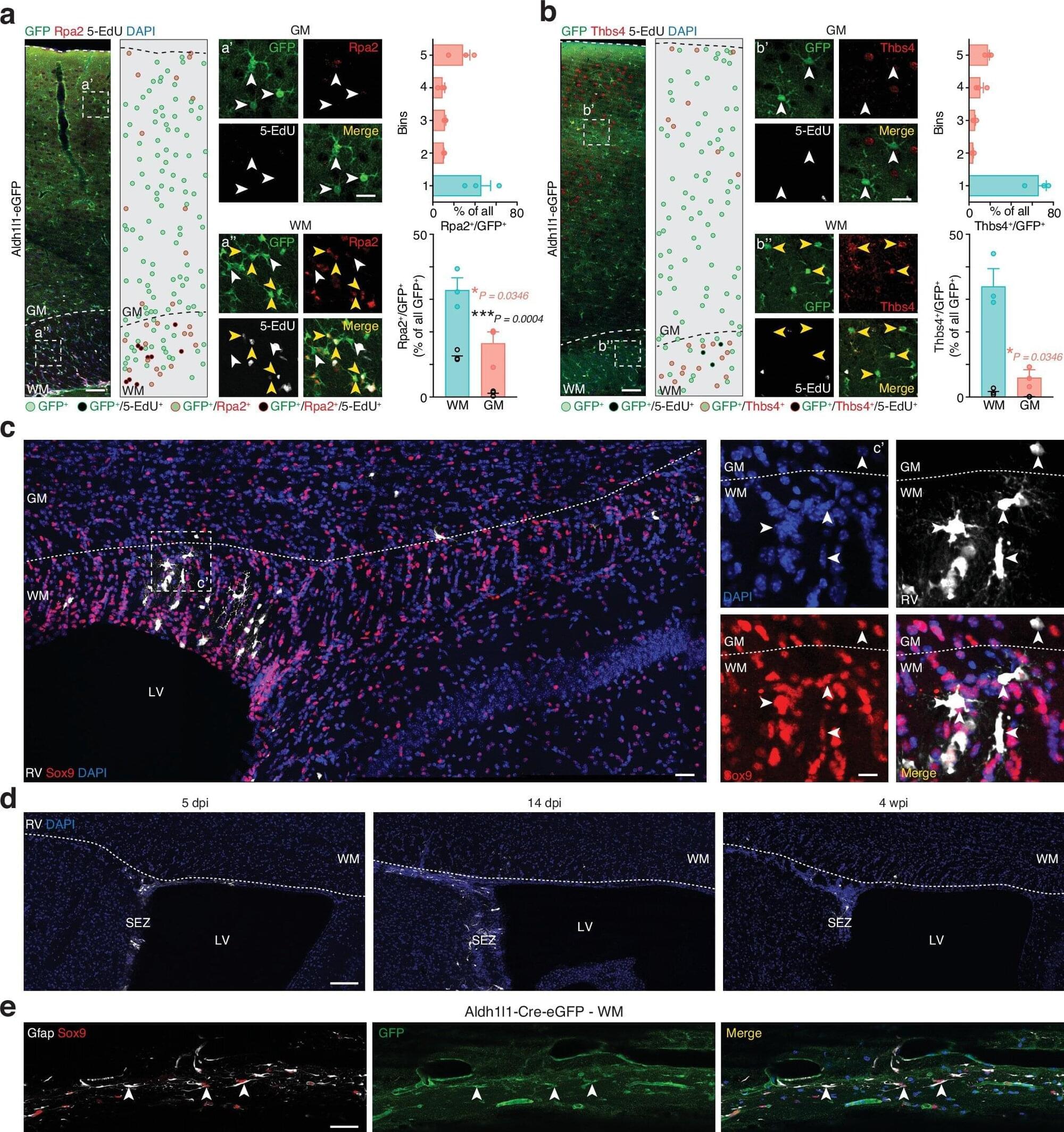
A research team has identified different subtypes of white matter (WM) astrocytes, including a unique type with the ability to multiply and potentially aid in brain repair. Using single-cell RNA sequencing and spatial transcriptomics, the scientists mapped astrocyte diversity across different brain regions and species, providing the first detailed molecular profile of WM astrocytes.
The team was led by Dr. Judith Fischer-Sternjak from Helmholtz Munich and Ludwig-Maximilians-Universität (LMU) München, alongside Prof. Magdalena Götz from Helmholtz Munich, LMU and the Munich Cluster for Systems Neurology (SyNergy). The research is published in the journal Nature Neuroscience.
Unveiling white matter astrocyte diversity Astrocytes, known for their crucial role in supporting neurons and maintaining brain health, have been predominantly studied in gray matter (GM), which is involved in information processing. However, white matter astrocytes, which support long-range neural connections, remain poorly understood. This study fills a major knowledge gap by showing that WM astrocytes are not a uniform population but consist of distinct subtypes with specialized roles.